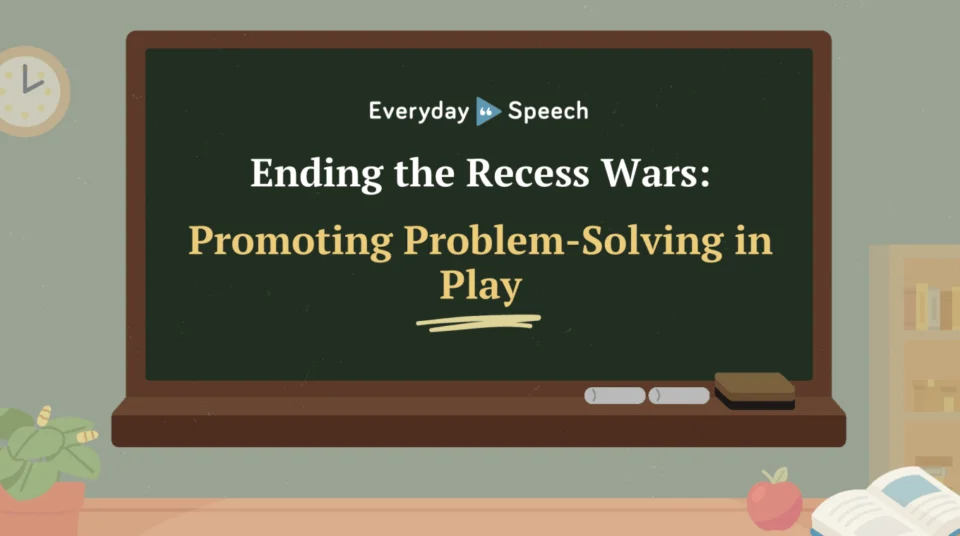Creating Effective IEP Goals for PreK Students to Accept Help
Get free social skills materials
No-prep lessons on self-regulation, emotional recognition, conversation skills, and more.
Sign up hereDownload 50+ Example IEP Goals
Customizable library of strengths-based goals
Introduction
In special education, it is crucial to develop specific skills in students that foster learning, social interactions, and overall wellbeing. The ability to accept help from others is one such essential skill that significantly impacts a child’s development and success in school.
Understanding the Skill of Accepting Help
Accepting help is the ability to recognize when assistance from others is necessary and to be open to receiving their guidance. This skill is crucial for students, as it promotes a growth mindset, enhances learning, and fosters positive social interactions.
The Role of Specialists
Different specialists, such as Speech-Language Pathologists, Social Workers, Psychologists, and School Counselors, can support the development of the target skill in various ways:
- Speech-Language Pathologists: Help students improve their communication skills, enabling them to express their needs and understand instructions from others.
- Social Workers: Assist students in developing social skills and coping strategies to handle challenging situations when accepting help.
- Psychologists: Support students in building resilience and a growth mindset, which encourages them to accept help and learn from their mistakes.
- School Counselors: Guide students in developing self-awareness and self-regulation skills, which are essential for accepting help from others.
IEP Goals for Accepting Help
Here are specific SMART IEP goals to improve the target skill in students:
- Goal: The student will demonstrate the ability to accept help from others in 4 out of 5 opportunities.
- Strategies/Activities: Role-play scenarios, social stories, and group activities encouraging collaboration and peer support.
- Goal: The student will ask for help or clarification from a teacher or peer during challenging tasks in 3 out of 4 instances.
- Strategies/Activities: Teach students to use specific phrases for asking help, provide visual cues, and practice in various settings.
- Goal: The student will demonstrate appropriate emotional regulation when receiving help or feedback in 4 out of 5 situations.
- Strategies/Activities: Teach deep breathing techniques, use social stories to discuss emotions, and provide positive reinforcement for appropriate responses.
Implementing and Measuring Progress
Ensure successful implementation and progress measurement by:
- Collaborating with specialists and integrating their expertise into the IEP goals.
- Consistently monitoring and documenting student progress during activities.
- Adjusting strategies and goals as needed based on the student’s progress.
- Communicating regularly with parents and caregivers to maintain a consistent approach.
Conclusion
Developing effective IEP goals for PreK students to accept help is crucial for their learning, social interactions, and overall wellbeing. By implementing these goals and working together with specialists, educators can make a significant impact on their students’ success. We encourage you to apply these IEP goals and invite you to explore more resources at Everyday Speech Sample Materials.


